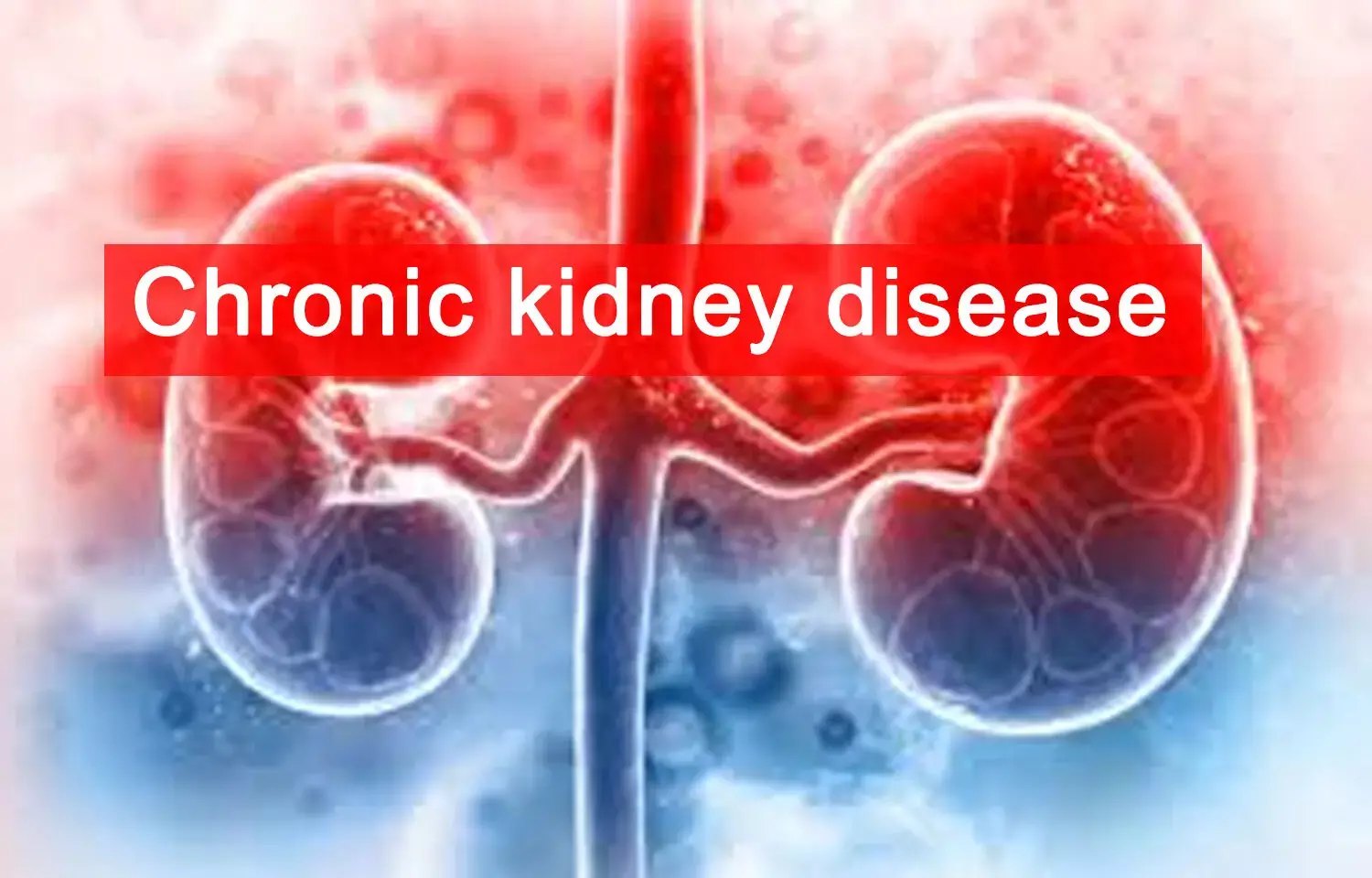- Home
- Medical news & Guidelines
- Anesthesiology
- Cardiology and CTVS
- Critical Care
- Dentistry
- Dermatology
- Diabetes and Endocrinology
- ENT
- Gastroenterology
- Medicine
- Nephrology
- Neurology
- Obstretics-Gynaecology
- Oncology
- Ophthalmology
- Orthopaedics
- Pediatrics-Neonatology
- Psychiatry
- Pulmonology
- Radiology
- Surgery
- Urology
- Laboratory Medicine
- Diet
- Nursing
- Paramedical
- Physiotherapy
- Health news
- Fact Check
- Bone Health Fact Check
- Brain Health Fact Check
- Cancer Related Fact Check
- Child Care Fact Check
- Dental and oral health fact check
- Diabetes and metabolic health fact check
- Diet and Nutrition Fact Check
- Eye and ENT Care Fact Check
- Fitness fact check
- Gut health fact check
- Heart health fact check
- Kidney health fact check
- Medical education fact check
- Men's health fact check
- Respiratory fact check
- Skin and hair care fact check
- Vaccine and Immunization fact check
- Women's health fact check
- AYUSH
- State News
- Andaman and Nicobar Islands
- Andhra Pradesh
- Arunachal Pradesh
- Assam
- Bihar
- Chandigarh
- Chattisgarh
- Dadra and Nagar Haveli
- Daman and Diu
- Delhi
- Goa
- Gujarat
- Haryana
- Himachal Pradesh
- Jammu & Kashmir
- Jharkhand
- Karnataka
- Kerala
- Ladakh
- Lakshadweep
- Madhya Pradesh
- Maharashtra
- Manipur
- Meghalaya
- Mizoram
- Nagaland
- Odisha
- Puducherry
- Punjab
- Rajasthan
- Sikkim
- Tamil Nadu
- Telangana
- Tripura
- Uttar Pradesh
- Uttrakhand
- West Bengal
- Medical Education
- Industry
Finerenone improves kidney outcomes in patients of CKD with diabetes: Study

Delhi: Finerenone exerts renoprotective benefits in patients with chronic kidney disease (CKD) and type 2 diabetes (T2D) irrespective of absence or presence of SGLT2 inhibitors, suggests data from FIDELIO-DKD analysis. Furthermore, the addition of finerenone to SGLT2i results in a greater urine albumin-to-creatinine ratio (UACR) reduction.
The findings of the study were presented at the American Diabetes Association 81st Scientific Sessions (ADA 2021).
FIDELIO-DKD trial investigated the selective, nonsteroidal mineralocorticoid receptor antagonist finerenone in patients with CKD and T2D. Sodium-glucose co-transporter-2 inhibitors (SGLT-2is) are recommended for CKD in T2D patients for reducing CKD progression. Peter Rossing, Head of Complications Research and Chief Physician at Steno Diabetes Center in Copenhagen, and colleagues reported a predefined exploratory analysis of patients by SGLT-2i use.
The study included patients (N=5674) with T2D, urine albumin-to-creatinine ratio (UACR) 30-5000 mg/g and estimated glomerular filtration rate (eGFR) 25-<75 mL/min/1.73 m2 receiving optimized RAS blockade. They were randomized to finerenone (10 mg daily increasing to 20 mg daily) or placebo.
Of 5674 patients, 4.6% received SGLT-2i at baseline.
Key findings of the study include:
- Overall, finerenone significantly reduced the primary (time to kidney failure, sustained decrease in eGFR ≥40% from baseline, or renal death) and key secondary CV outcomes (time to CV death, nonfatal MI, nonfatal stroke, or hospitalization for heart failure) vs. placebo with no effect on A1C.
- Results were consistent irrespective of SGLT-2i use at baseline for the primary and key secondary CV outcomes.
- Reduction in UACR with finerenone was seen without SGLT-2i use (ratio of LS-means 0.68, 0.65-0.71) and on top of SGLT-2is at baseline (ratio of LS-means 0.75, 0.62-0.90).
- Treatment-emergent hyperkalemia events were fewer with SGLT-2i vs. no SGLT-2i (post hoc analysis).
"Our findings show that the benefits of finerenone on kidney and CV outcomes in patients with CKD and T2D appear consistent in the absence or presence of SGLT2i, with UACR improvement observed in patients already receiving SGLT-2i at baseline," concluded the authors.
Reference:
"Finerenone in Patients with CKD and T2D by SGLT2i Treatment: An Analysis of the FIDELIO-DKD Study," was presented at the American Diabetes Association 81st Scientific Sessions (ADA 2021).
DOI: https://ada.apprisor.org/epsAbstractADA.cfm?id=1
Dr Kamal Kant Kohli-MBBS, DTCD- a chest specialist with more than 30 years of practice and a flair for writing clinical articles, Dr Kamal Kant Kohli joined Medical Dialogues as a Chief Editor of Medical News. Besides writing articles, as an editor, he proofreads and verifies all the medical content published on Medical Dialogues including those coming from journals, studies,medical conferences,guidelines etc. Email: drkohli@medicaldialogues.in. Contact no. 011-43720751


